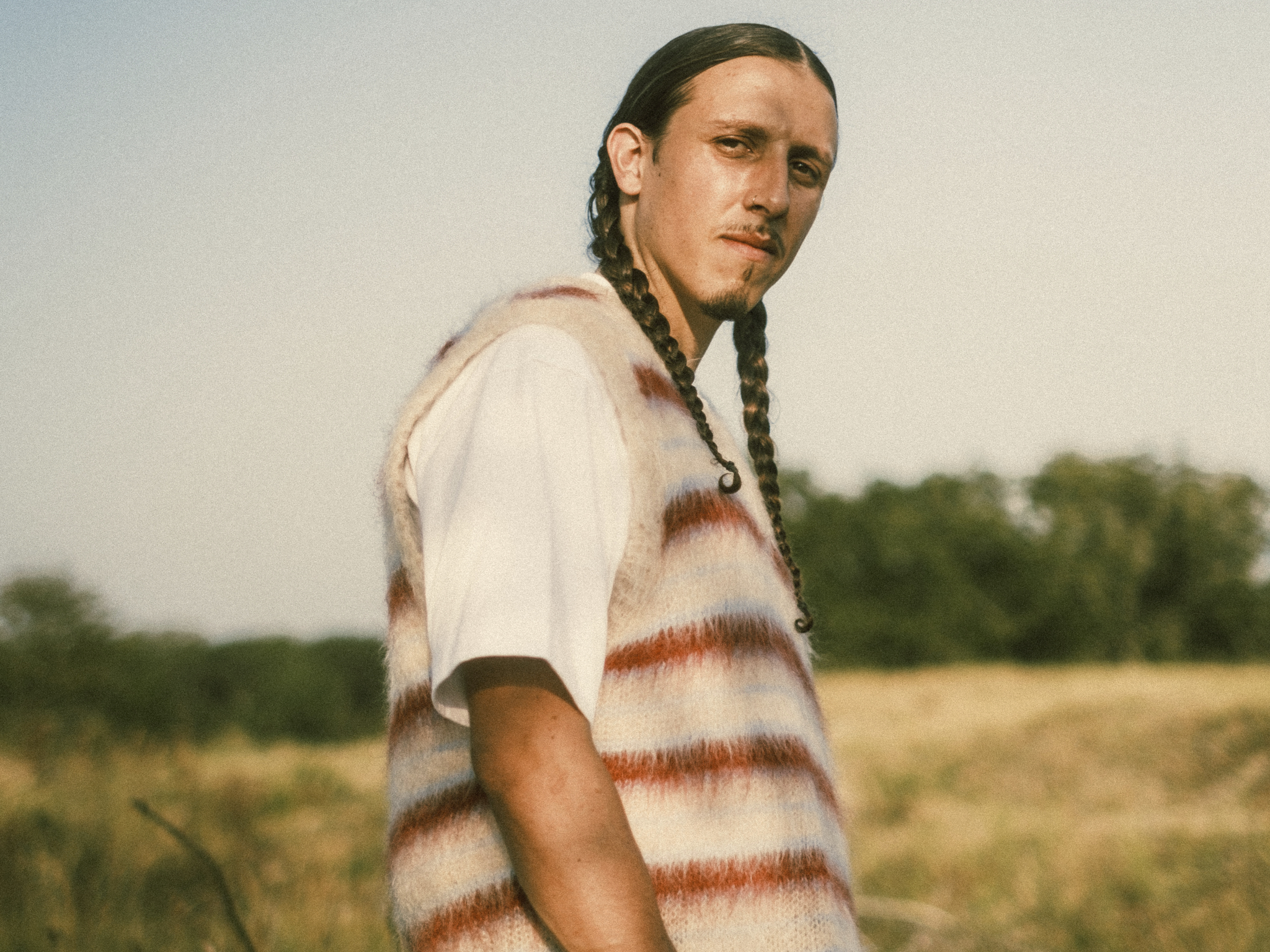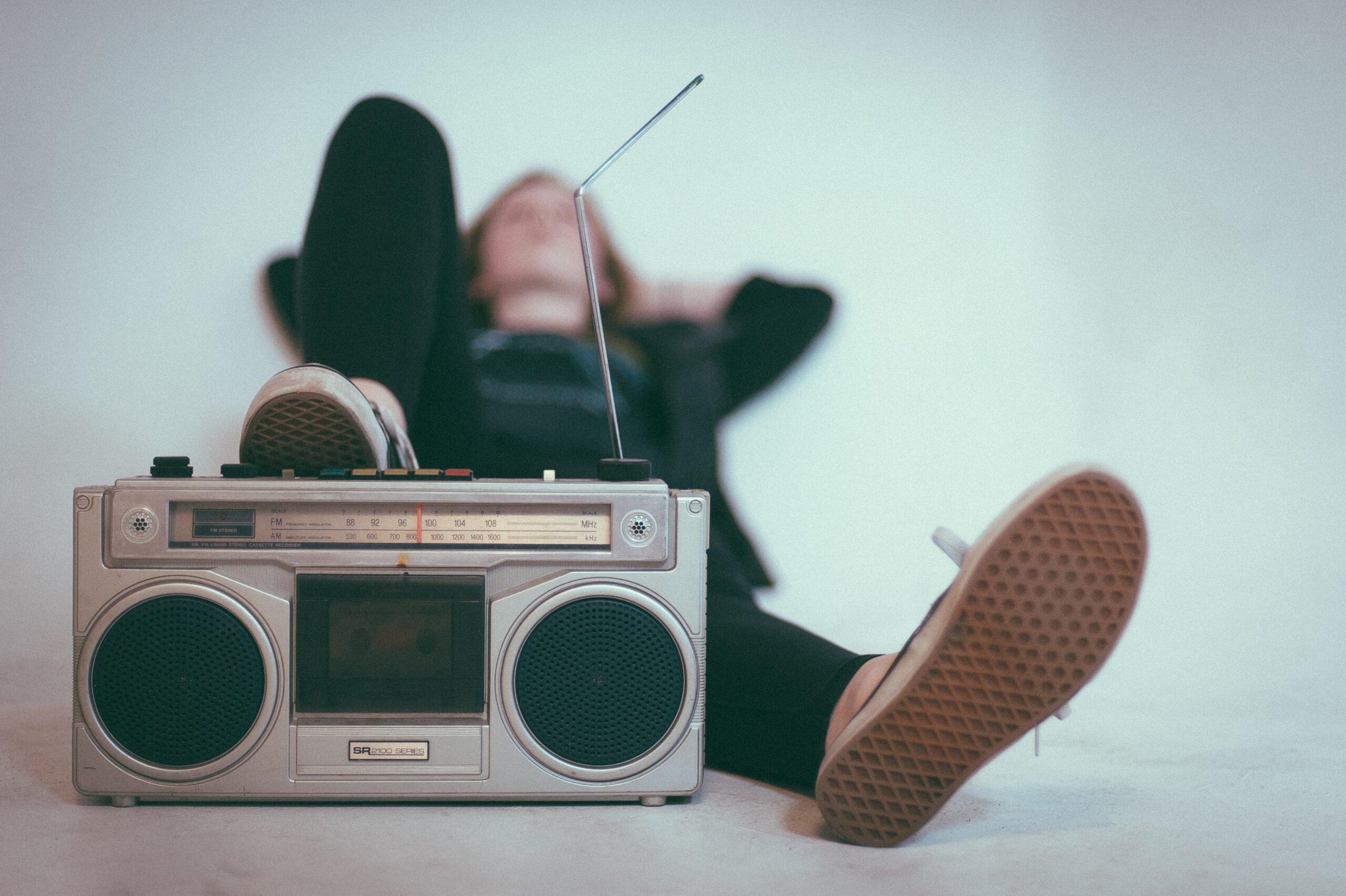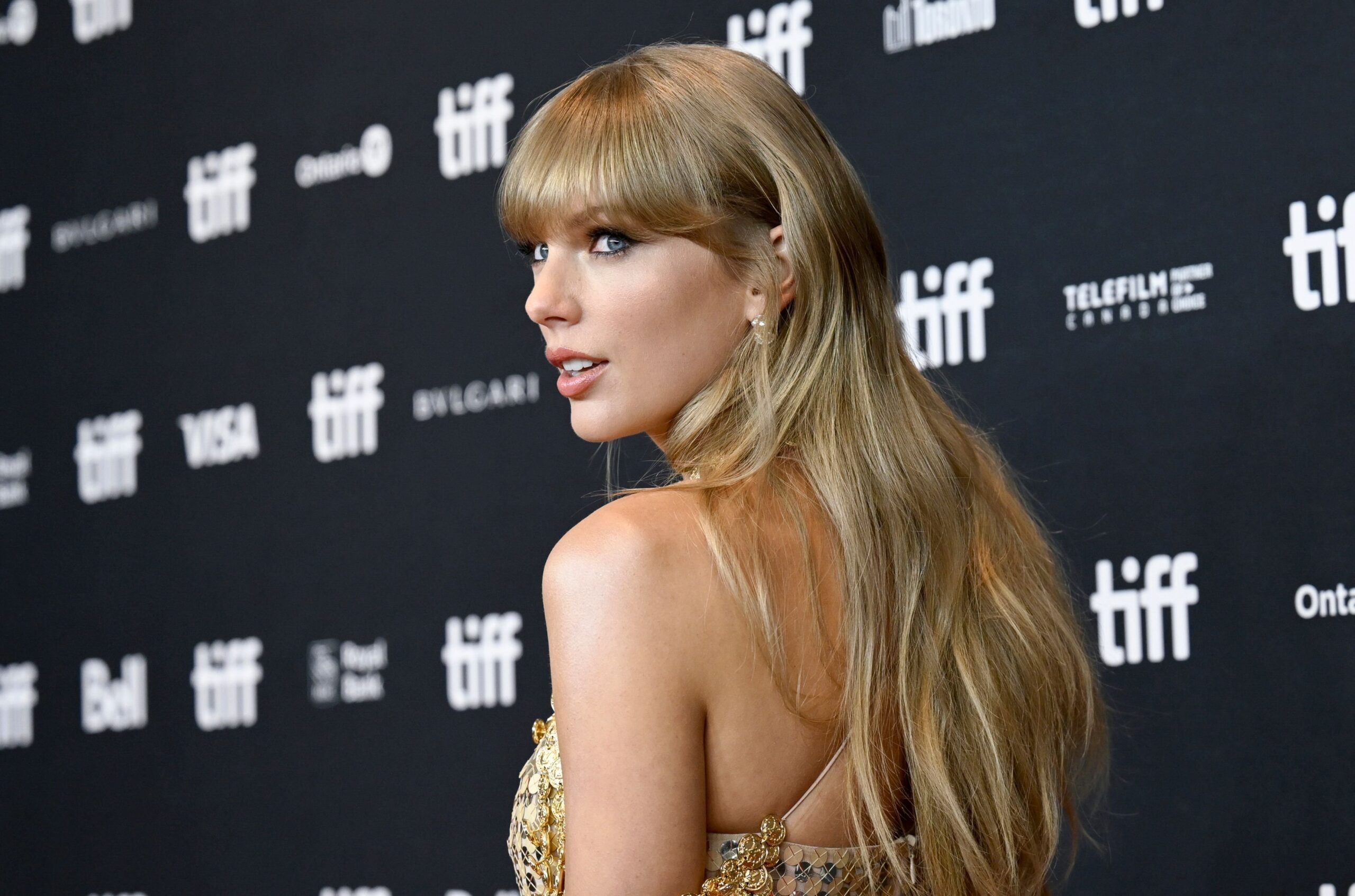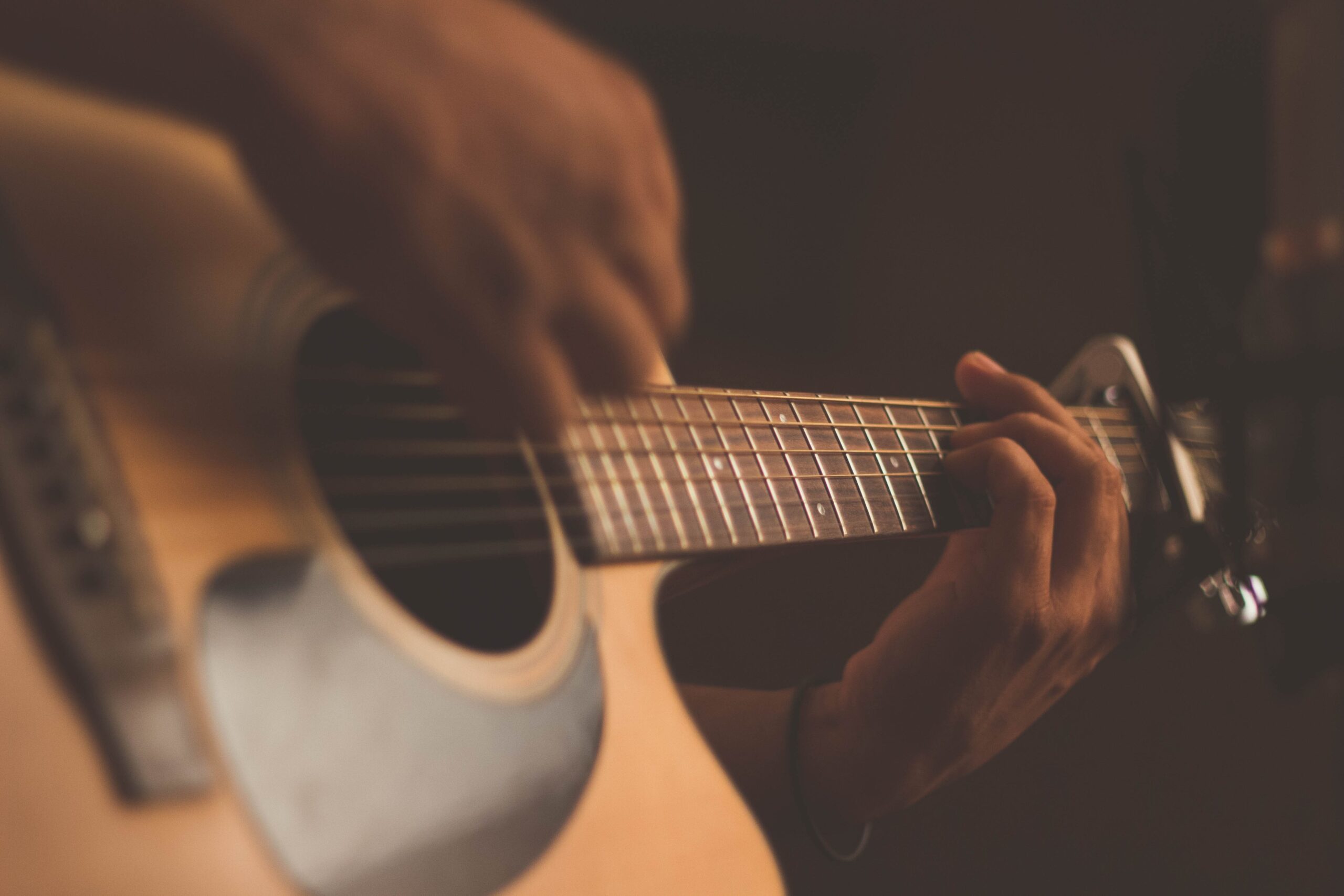When women aren’t writing, producing, and playing their own instruments, when they’re singing words they don’t believe in, or when they’re feeling uncomfortable around all-male recording and production teams, how could they be making their finest work?





